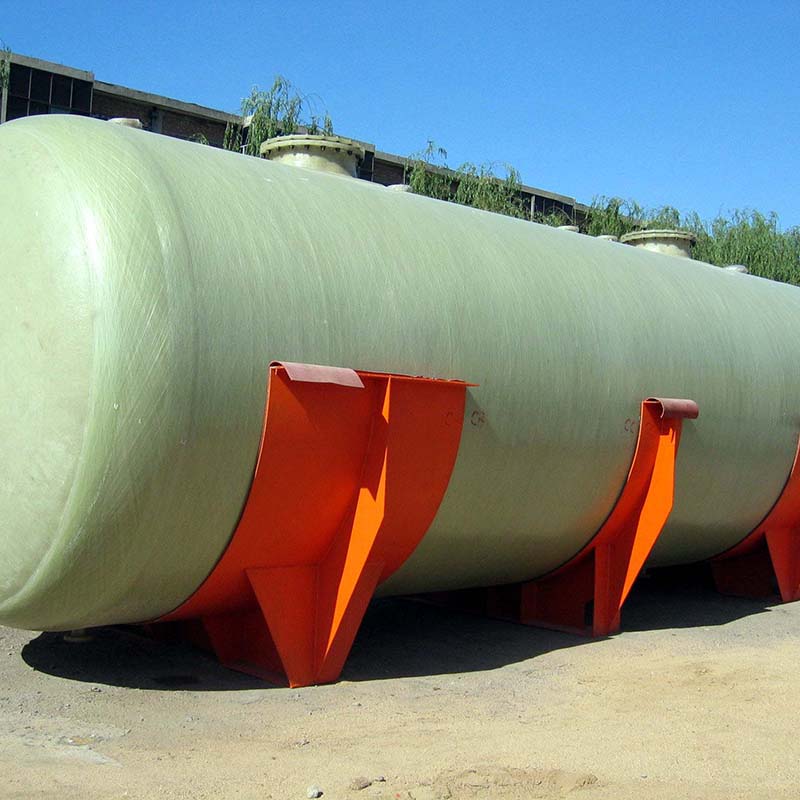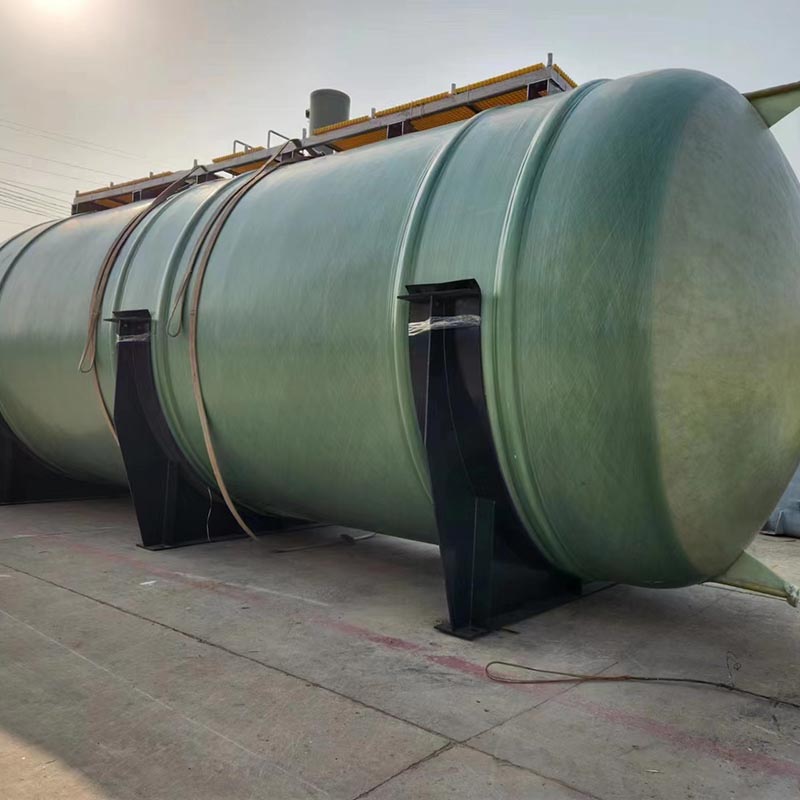Advantages and Features
Fiberglass reinforced plastic products have excellent physical properties, higher specific strength than steel, cast iron, and plastic, and a thermal conductivity coefficient of only 0.5 that of steel, making them a great insulation experience for both heat and electricity. FRP products have great design flexibility and excellent wall structure performance. The operating temperature of the product is between -50 and 200 ℃, and the pressure resistance is generally below 6.4 MPa. It has the advantages of pressure resistance, corrosion resistance, aging resistance, and long service life. It has the characteristics of light weight, high strength, seepage prevention, heat insulation, insulation, non-toxic and smooth surface. Mechanical wound fiberglass containers can adjust the physical and chemical properties of the product to meet the needs of different media and working conditions by changing the resin system or using different reinforcement materials. Different pressures are designed through structural layer thickness, winding angle, and wall thickness, which is a significant feature of fiber wound composite materials.
Application
It can be widely used in industries such as petroleum, chemical, textile, printing and dyeing, electricity, transportation, food brewing, artificial synthesis, water supply and drainage, seawater desalination, water conservancy irrigation, and national defense engineering. The storage of various corrosive media can be resistant to various acids, alkalis, salts and organic solvents. It is mainly used in petroleum, chemical industry, pharmacy, printing and dyeing, brewing, water supply and drainage, transportation and other industries. It is suitable for the storage and transportation of hydrochloric acid, sulfuric acid, nitric acid, formaldehyde, methanol, liquor, hydrogen peroxide, sewage, Sodium hypochlorite and other products. It can also be used as underground oil tanks, thermal insulation storage tanks, transport tankers and so on.



